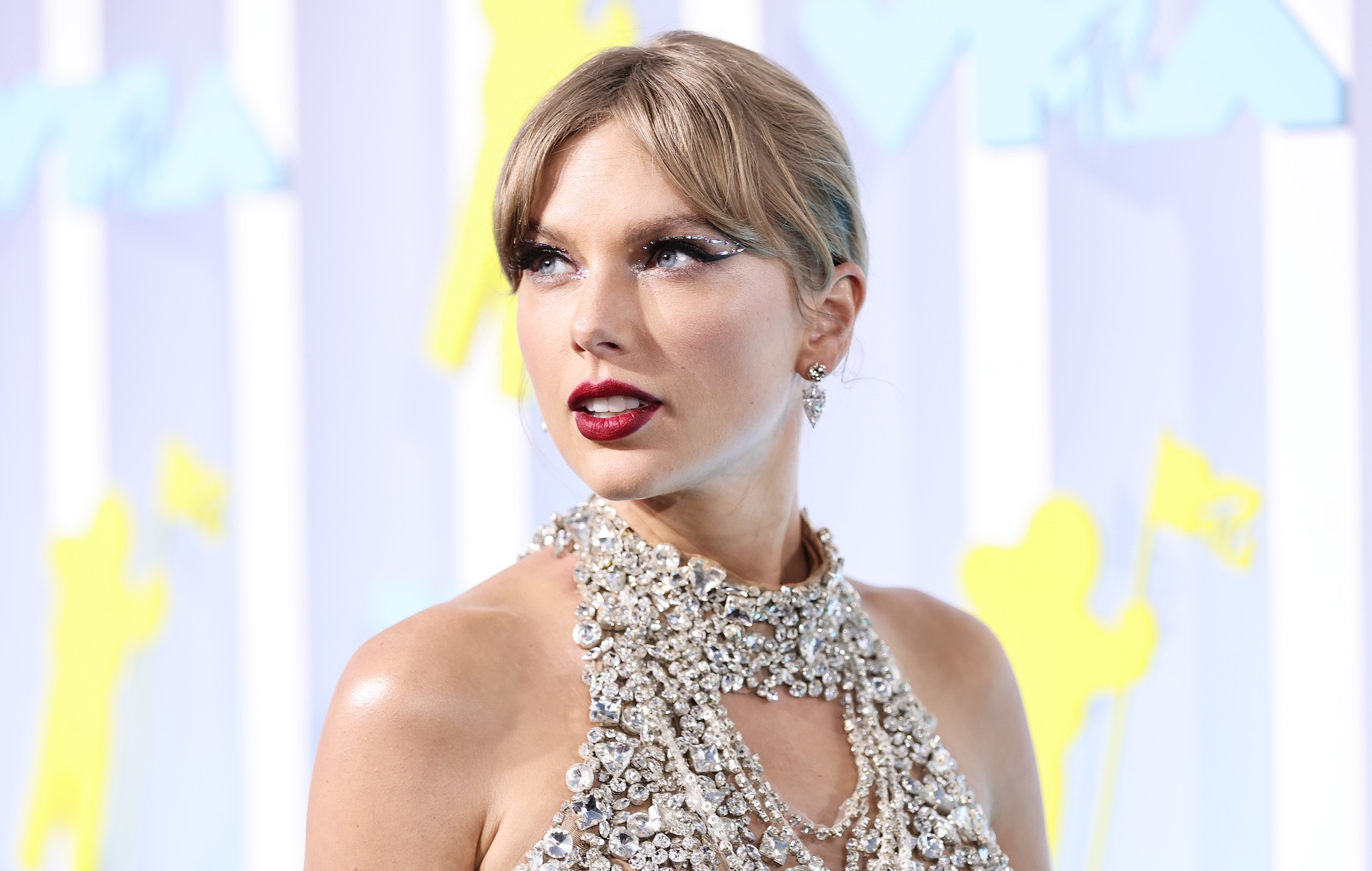A former employee was reportedly concerned that Swift “would not add value to [FTX’s] user base”
Taylor Swift was reportedly in talks to partner with FTX – a Bahamas-based cryptocurrency exchange in the midst of bankruptcy – just months before the company collapsed.
As reported by the Financial Times, FTX founder Sam Bankman-Fried had made it to “the late stages of negotiating” with Swift, looking to enlist the singer for a sponsorship campaign tied to an upcoming tour of hers (likely the ‘Eras’ tour that Swift recently announced).
It’s said that the deal, worth more than $100million (£820,550), would have included an arrangement to have concert tickets minted as NFTs, similar to the Coachella Key effort that FTX was also involved in. It would have followed a string of the company’s other high-profile sponsorship deals, including those with sports stars like Tom Brady, Shaquille O’Neal and Steph Curry.
According to sources that spoke with the Financial Times, Bankman-Fried was enthusiastic about a deal with Swift because he was a noted fan of hers – as was senior executive Claire Watanabe, who is said to have been “a driving force behind the pursuit of Swift”.
The prospect was reportedly favoured less by other executives – including FTX US president Brett Harrison – with one unnamed source saying: “No one really liked the deal. It was too expensive from the beginning. [The price was] really fucking high. That’s front of the soccer jersey level prices.”
An unnamed former employee of FTX reportedly expressed concern that Swift “would not add value to [the company’s] user base”, while a third source involved told the publication that Swift “would not, and did not, agree to an endorsement deal”.
FTX was launched in 2019 by Bankman-Fried and Gary Wang, and by July of 2021, had become the world’s third-largest crypto exchange with more than a million users. The company began tanking at the start of November this year, after it was reported by CoinDesk that Bankman-Fried’s trading firm, Alameda Research, held much of its assets in FTX’s proprietary FTT currency.
Days after that report was published, The Wall Street Journal reported that $10billion (£8.21billion) in crypto assets were funnelled out of FTX users’ accounts to fund Alameda’s trading – an activity barred by FTX’s own terms of service. The company declared bankruptcy on November 11, with executives citing a “severe liquidity crisis”.
In the wake of FTX’s collapse, many users reported being unable to access their crypto holdings – including NFTs like the Coachella Keys. Those lifetime passes to Coachella were valued at a total of $1.5million USD (£1.2million), but as of last month, those are frozen on the now-defunct FTX blockchain.
Ticketing for Swift’s ‘Eras’ tour has been tumultuous without FTX’s involvement; when tickets went on sale last month, Ticketmaster was inundated by “historically unprecedented demand”, leading to egregious wait times, website outages, and hyper-inflated prices on resale sites (including Ticketmaster’s own). The ticket sale was subsequently shut down altogether.
The controversy led to US lawmakers calling for an investigation into Ticketmaster, while a Senate-backed antitrust panel has organised a hearing on the lack of competition in the ticketing industry. In addition, two US senators have called on the Federal Trade Commission (FTC) to answer for “the steps” it’s taking to “combat the use and operation of bots in the online ticket marketplace”.
Swift’s fans have also mounted their own efforts to protest Ticketmaster, with some three dozen of them – who are mostly lawyers – launching an initiative called ‘Vigilante Legal’. Last week, too, a group of fans filed a lawsuit against Ticketmaster, claiming that the company violated two laws – the California Cartwright Act and the California Unfair Competition Law – during its “verified fan” pre-sale.
The world’s defining voice in music and pop culture: breaking what’s new and what’s next since 1952.
When you purchase through links on our site, we may earn an affiliate commission.
© 2022 NME is part of NME Networks.

